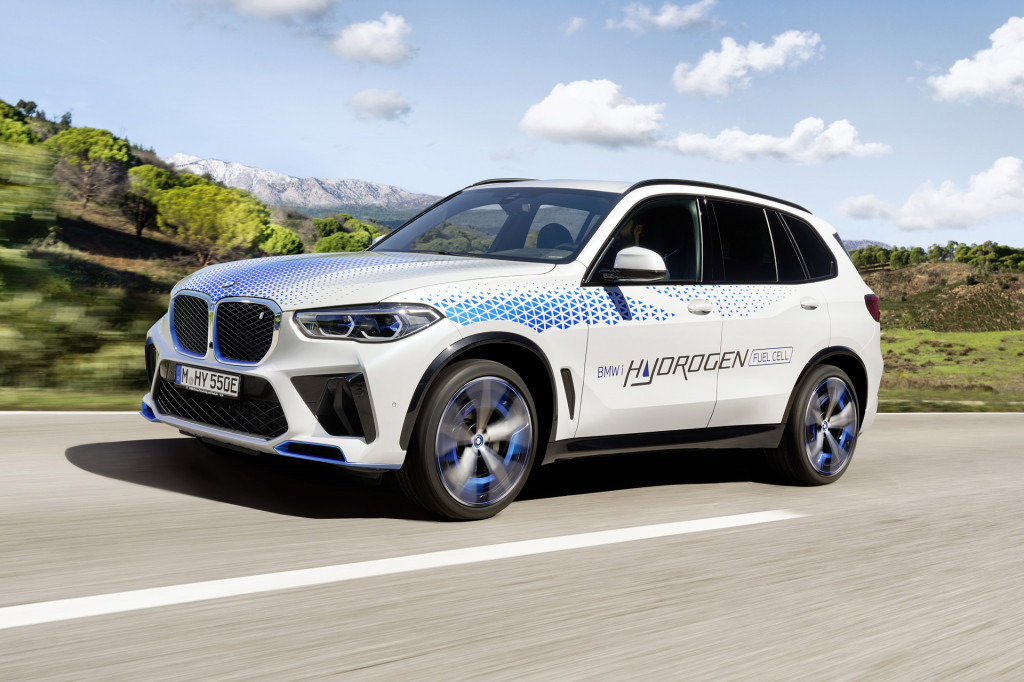Rolls-Royce is considering hydrogen powertrains for future vehicles, but in the form of fuel cells rather than combustion engines, the luxury brand’s CEO said in a recent interview with Autocar.
The Rolls-Royce Spectre, the brand’s first production EV, is scheduled to start deliveries later this year. After briefly considering plug-in hybrids, the brand is expected to go all-electric by 2030. But CEO Torsten Müller-Ötvös sees a possibility for hydrogen fuel-cell luxury cars as well.
“We might exit batteries, and we might enter into fuel cells,” he said in the interview, noting that this would only happen once fuel-cell technology was sufficiently advanced. However, Müller-Ötvös sees no future for hydrogen combustion engines, which burn hydrogen in place of gasoline or diesel.
Rolls-Royce Spectre testing
“I think a hydrogen combustion engine is nothing I would in any way look into, because that was tested already years ago,” he said, referring to Rolls-Royce parent BMW’s Hydrogen 7 of 2005-2007, a modified 7-Series luxury sedan with a hydrogen-powered V-12 engine. Fuel cells are a more efficient use of hydrogen, he said.
That view seems to be aligned with that of Rolls-Royce’s parent company. BMW hasn’t returned to hydrogen combustion since the Hydrogen 7, but has continued developing fuel cells, even saying that it’s leaving room for hydrogen in the Neue Klasse architecture that will underpin its next-generation EVs.

BMW iX5 Hydrogen prototype
There’s been renewed interest in hydrogen combustion from other automakers, though. Toyota has been developing hydrogen combustion engines, with an emphasis on racing. And recently a group of Japanese automakers committed to exploring the idea.
Hydrogen combustion is viewed as a way for existing internal combustion engines to survive in a future of stricter emissions standards. It comes with some drawbacks, though, including the challenge of storing enough hydrogen onboard for a reasonable range. Hydrogen combustion vehicles will also be subject to the same infrastructure issues that have limited the adoption of fuel-cell vehicles—but with the addition of tailpipe emissions.
